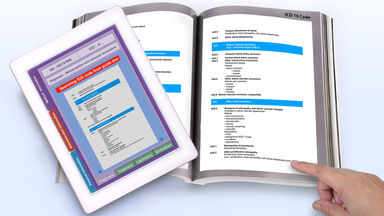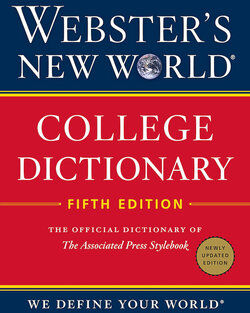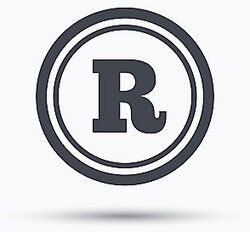Press Definition
- columnists
- newspapers
- papers
- periodical press
- print media
- periodicals
- political writers
- correspondents
- editors
- journalistic writers
- journalists
- newspapermen
- newsmen
- publishers
- the fourth estate
- To be submitted for printing.
- Submitted for printing; in the process of being printed.
- To bring a formal accusation of criminal wrongdoing against someone.
- In a hurry; under time pressure.
- To shake hands and mingle with many people, especially while campaigning for public office.
Idioms, Phrasal Verbs Related to Press
- go to press
- in press
- press charges
- pressed for time
- press the flesh
- go to press
Origin of Press
-
Middle English pressen (“to crowd, thring, press"), from Old French presser (“to press") (Modern French presser) from Latin pressāre from pressus, past participle of premere "to press". Displaced native Middle English thringen (“to press, crowd, throng") (from Old English þringan (“to press, crowd")), Middle English thrasten (“to press, force, urge") (from Old English þrÇ£stan (“to press, force")), Old English þryscan (“to press"), Old English þȳwan (“to press, impress").
From Wiktionary
-
Middle English presse (“throng, crowd, clothespress"), partially from Old English press (“clothespress"), from Medieval Latin pressa, and partially from Old French presse (Modern French presse) from Old French presser (“to press"), from Latin pressāre from pressus, past participle of premere "to press". Displaced native Middle English thring (“press, crowd, throng") (from Old English þring (“a press, crowd, anything that presses or confines")).
From Wiktionary
-
Alteration of obsolete prest to hire for military service by advance payment from Middle English enlistment money, loan from Old French from prester to lend from Medieval Latin praestāre from Latin to furnish from praestō present, at hand ghes- in Indo-European roots
From American Heritage Dictionary of the English Language, 5th Edition
-
Middle English pressen from Old French presser from Latin pressāre frequentative of premere to press per-4 in Indo-European roots
From American Heritage Dictionary of the English Language, 5th Edition
Related Articles
Press Is Also Mentioned In
Find Similar Words
Find similar words to press using the buttons below.





